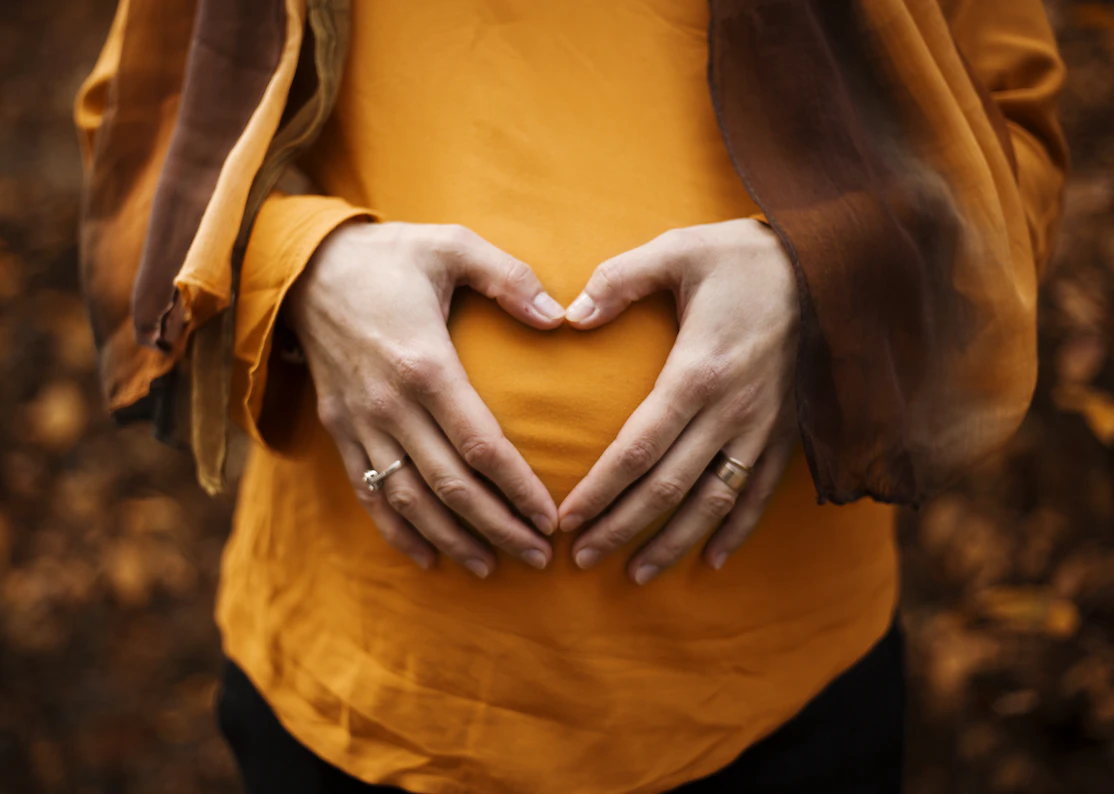Women in London Having Fewer Babies

The most recent data on conception rates from the Office for National Statistics, (ONS) are for the year 2020. These figures reveal that London has seen the largest decrease in conception rates in the last decade. Conception rates for London have reduced from 90.1 conceptions per 1,000 women in 2009 to 76.2 in 2020 – that’s a huge 15% decrease.
And it’s not just London. If we pause and look at the UK as a whole, we notice that ONS has observed the sixth consecutive annual decrease in fertility rates.
If we step back even further, it seems this is part of a wider global trend. Fertility rates have been dropping steadily for the past 70 years, according to University of Washington researchers. Although, for the environmentally-conscious amongst us, this may sound great, a shrinking population does have the potential to create huge social and economic change.
Why are women delaying starting a family?
In conjunction with fewer babies being born, we are also living longer, which means we have an ageing population. Many women are making a deliberate choice to not only delay starting a family, but to have fewer children. Women’s empowerment, lower child mortality rates, and the increasing cost of raising children could all be playing a role in this. But what if part of the puzzle is that we are finding it more difficult to get pregnant?
In 2013, the National Institute for Health and Care Excellence (NICE), the body in the UK that provides guidelines for healthcare, estimated that in the UK, around 1 in 7 couples will struggle to get pregnant naturally. They also acknowledge that there has been an increase in the number of people seeking fertility treatment since 2004. According to the World Health Organization (WHO) estimates, across the world the infertility rate is 1 in 6 (2022). WHO defines infertility as people who have been unable to get pregnant naturally within 12 months of having regular unprotected sex. That’s a significant proportion of people who are trying to start a family.
If we take a closer look at those who are conceiving, we see a clear trend. This shows that conception rates for women aged over 30 years have risen, but continue to drop for those in the youngest age bracket (under-18s), which suggests that more and more women are choosing to start their family later in life. The trouble is, we know that time is fertility and the older you are, the harder it is to get pregnant. This is due to not only the quality of a woman’s eggs but the quantity, which declines dramatically with age.
When women need help getting pregnant
When it comes to accessing IVF and fertility treatment on the NHS, it can feel like a bit of a gamble. Many women might not be offered the full three cycles recommended by NICE. This, known as the postcode lottery, varies widely not only within London, but across the UK.
Thankfully, for individuals and couples who are able to afford it, they can choose to go to a private IVF clinic in London. Doing so means there is no limit on the number of IVF cycles they can have, waiting lists are usually short, and the services offered are more varied. Additionally, London has no shortage of world-class fertility doctors, so finding a clinic that suits your personal needs will be straight-forward.
